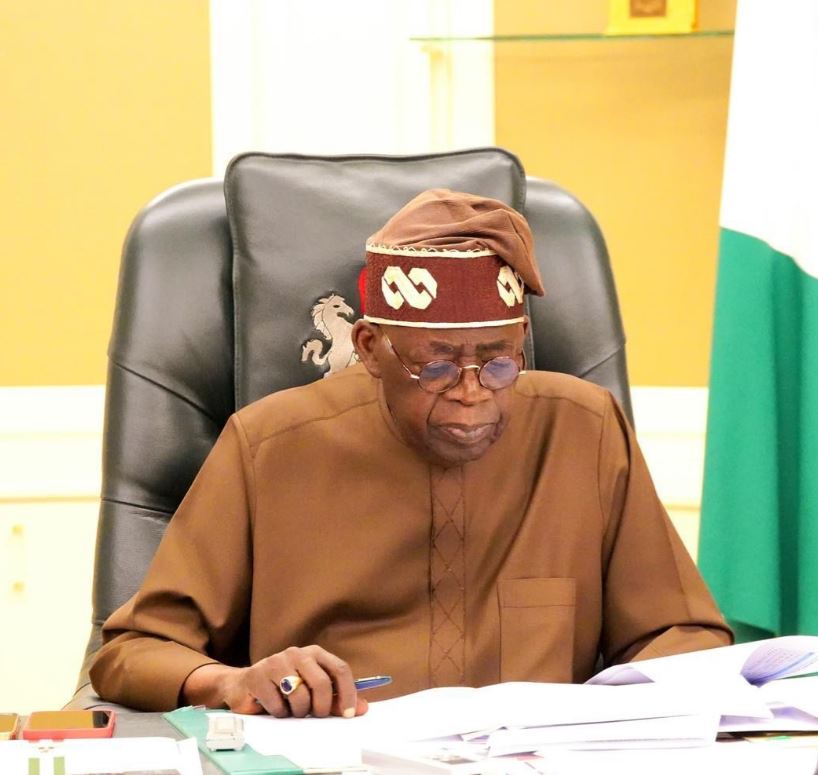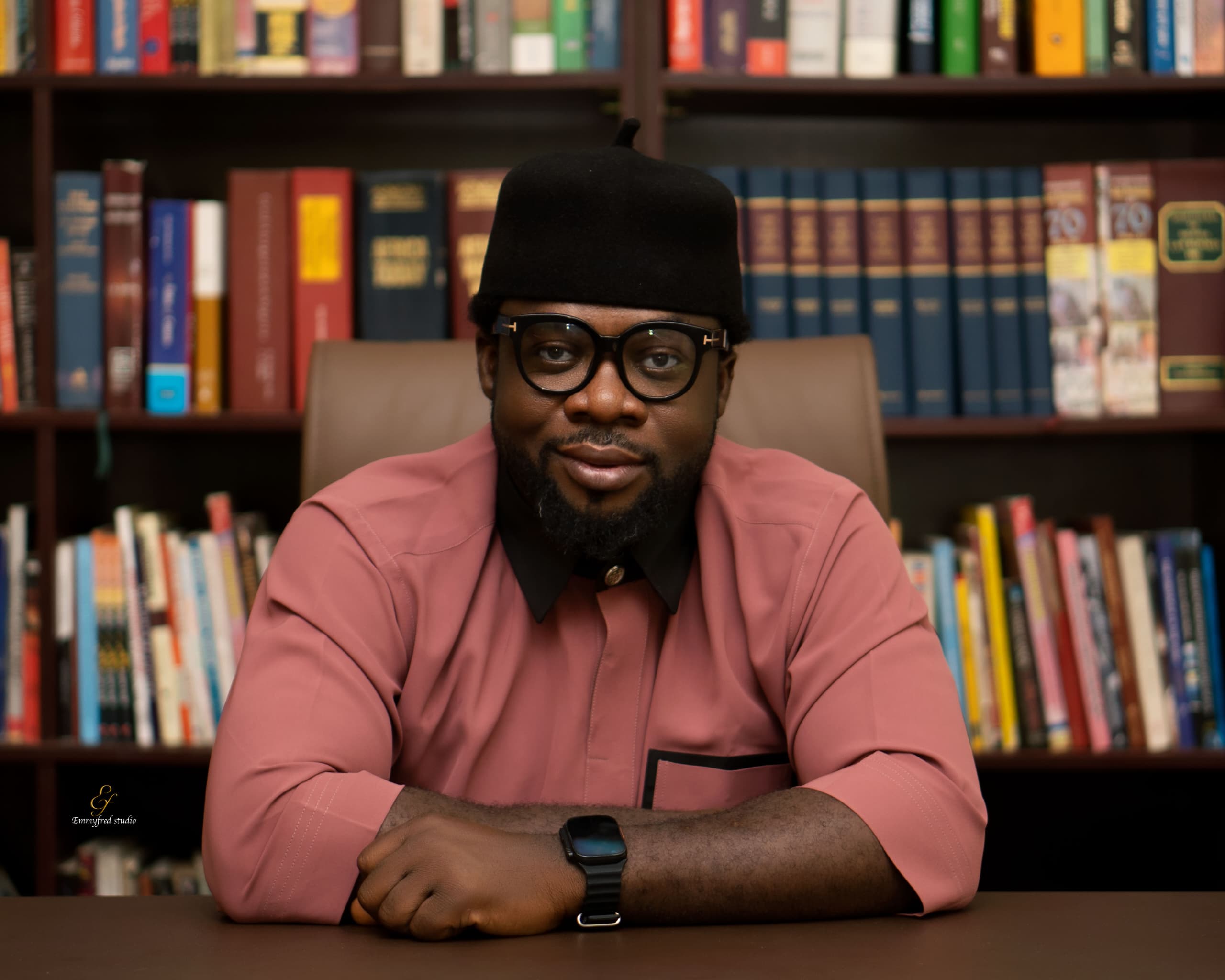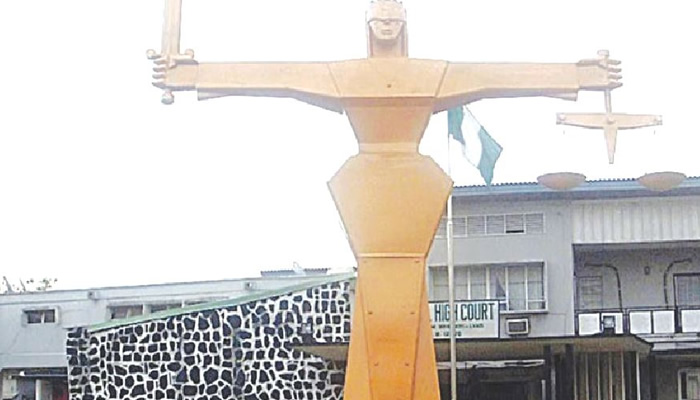The Peering Advocacy and Advancement Centre in Africa (PAACA) has strongly opposed a bill recently proposed in the House of Representatives that seeks to set an age limit of 60 years for Presidential, Governorship, and Deputy Governorship candidates. PAACA describes the bill as a violation of democratic principles and an infringement on constitutional rights.
PAACA’s Executive Director, Ezenwa Nwagwu, voiced his concerns in a statement to reporters in Abuja, arguing that such age restrictions undermine democracy by excluding qualified citizens from running for office based solely on their age.
"A democracy should focus on inclusivity, not exclusion. Restricting individuals from running for office simply because of their age narrows the democratic space. The progressive step would be to remove age limits for both voting and being voted for," Nwagwu said.
The controversial bill, which passed its second reading in the House of Representatives last Thursday, seeks to prohibit individuals over 60 years of age from contesting for the offices of President and Governor. Additionally, the bill proposes that candidates for these positions must have a university degree, at least a Bachelor’s degree, in their chosen field.
Nwagwu questioned the reasoning behind the proposed age limit, emphasizing that there is no evidence to support the idea that younger candidates perform better than their older counterparts. He argued, “Leadership should be based on competence, vision, and the ability to deliver, not on an arbitrary age restriction."
He further challenged the educational requirements in the bill, pointing out that a degree does not guarantee effective governance. Nwagwu reminded lawmakers that the 1999 Constitution's educational requirement was designed to ensure inclusivity, stating that many highly educated individuals have failed in leadership, while others with less formal education have excelled.
In addition to the age limit and educational requirements, Nwagwu raised concerns about another bill proposing that all elections in Nigeria be held on a single day. While acknowledging the need for electoral reforms, he warned against making hasty changes without proper preparation.
“Reform is good, but we must be cautious not to undo the progress we’ve made. The challenges in Nigeria’s elections are not due to the staggered schedule but stem from the behavior of various stakeholders, including politicians, voters, and electoral officials,” Nwagwu said.
He highlighted the infrastructural challenges of holding elections on a single day, especially in rural areas where voters may have to travel long distances by boat, motorcycle, or even donkey. “We do not yet have the logistical capacity to conduct elections in one day without disenfranchising large sections of the population,” Nwagwu concluded.




